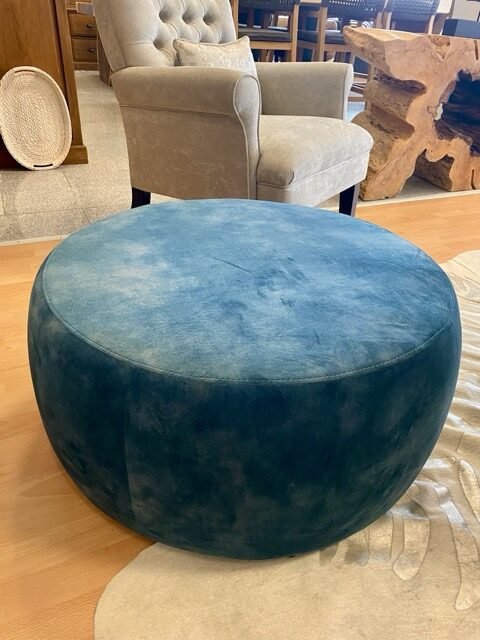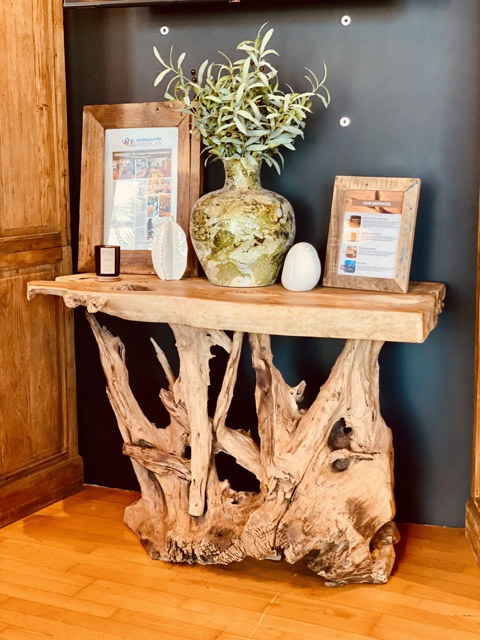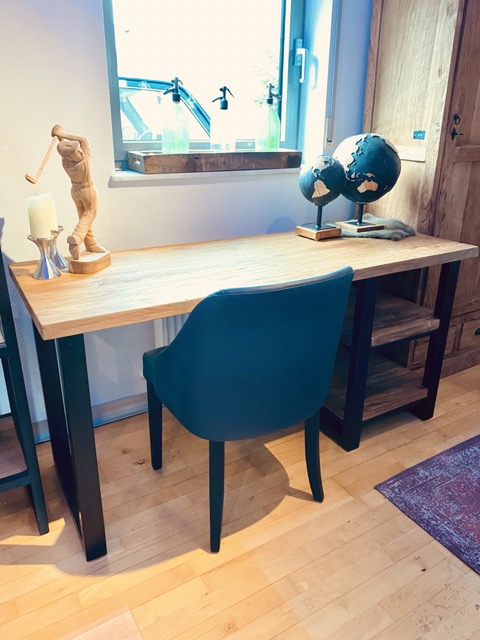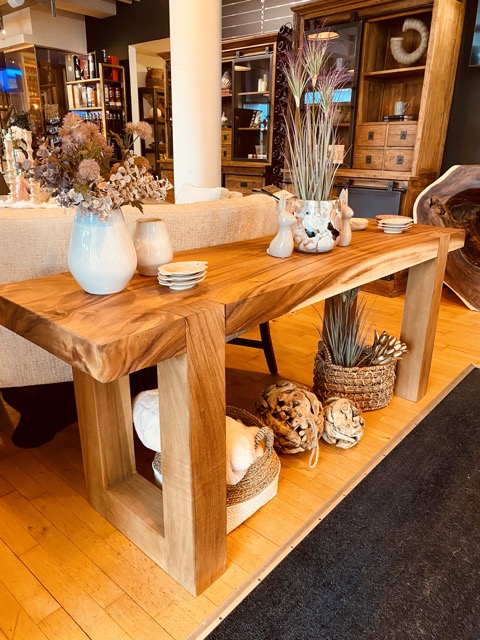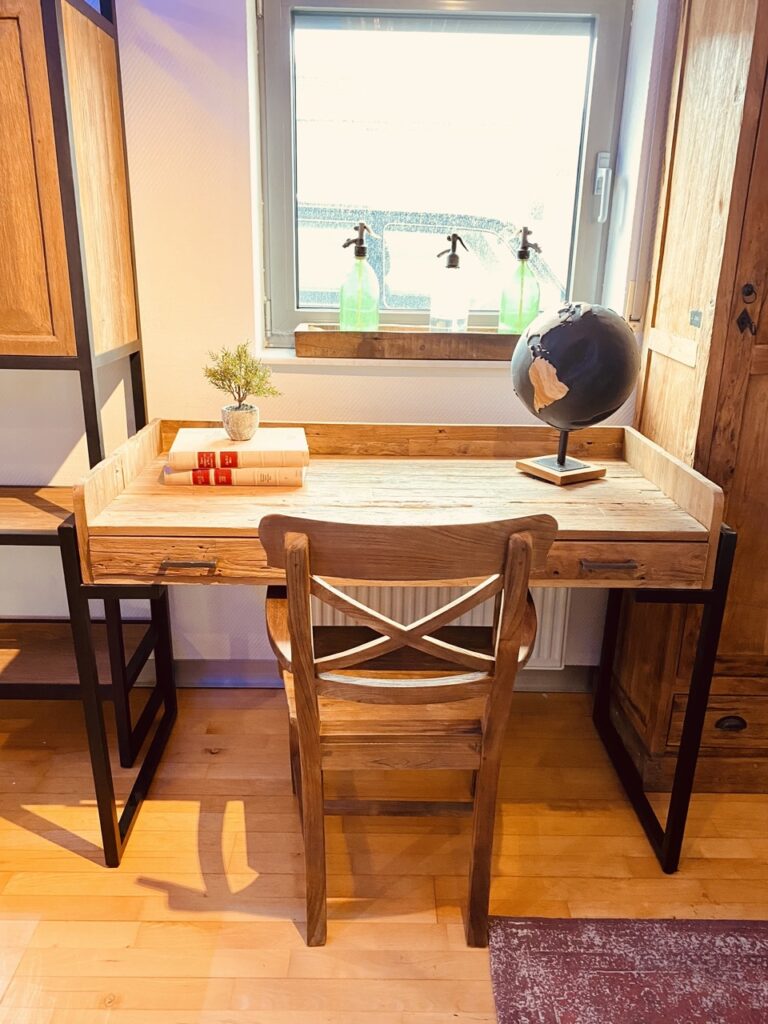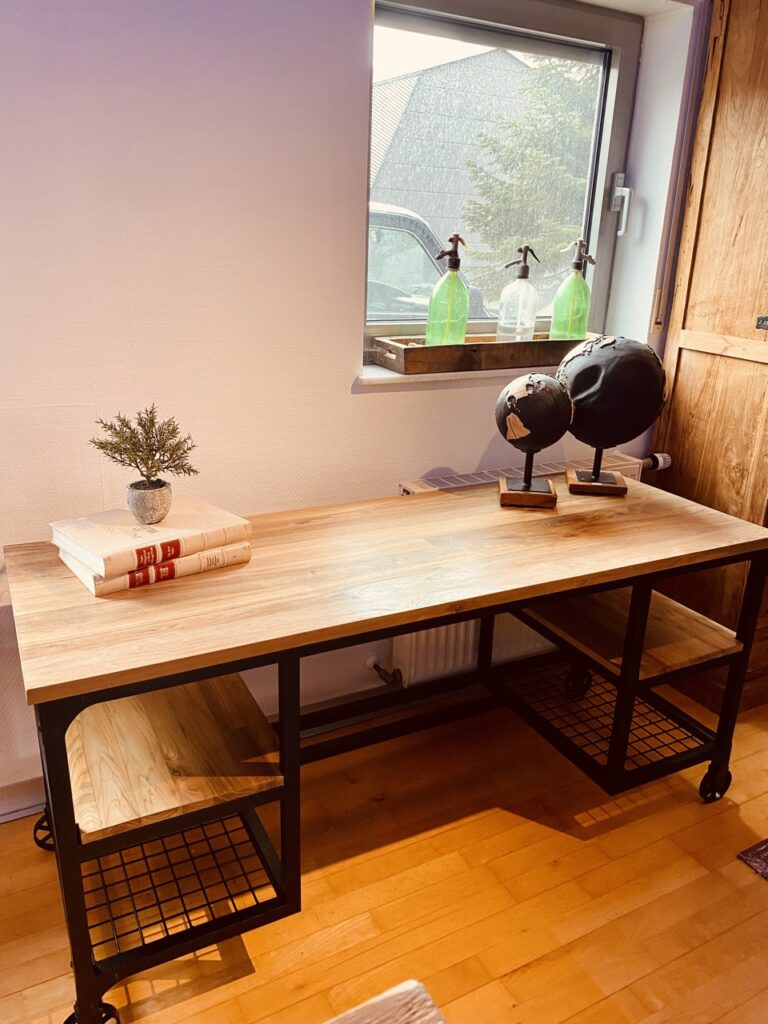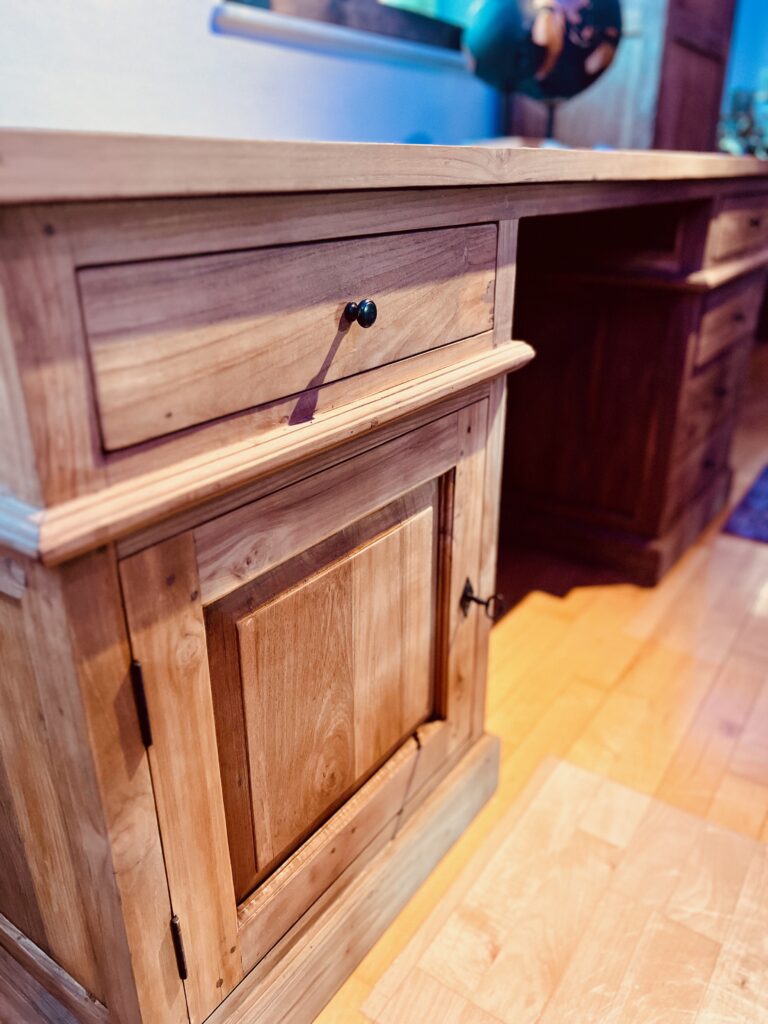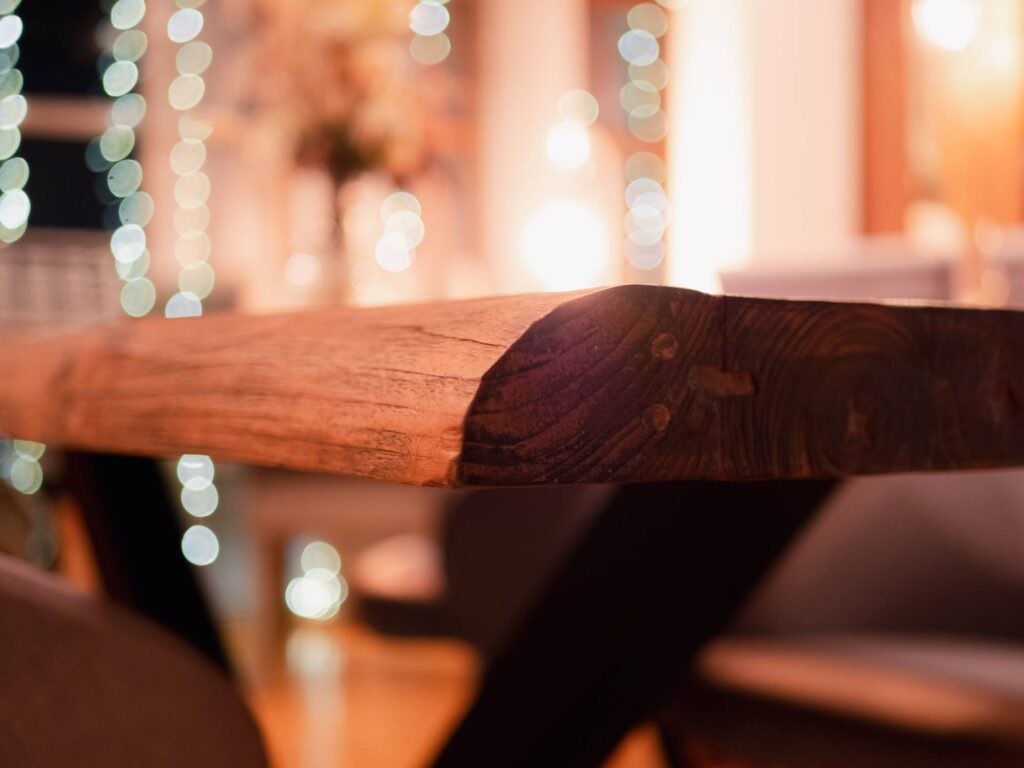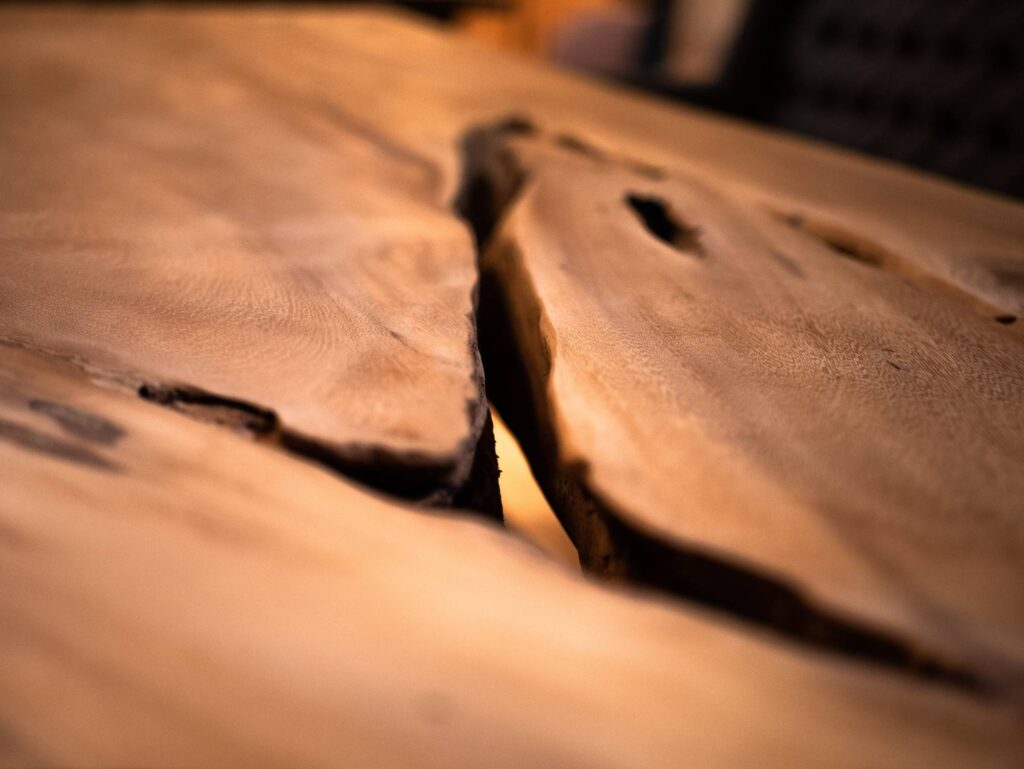Unique Solid Wood Tables
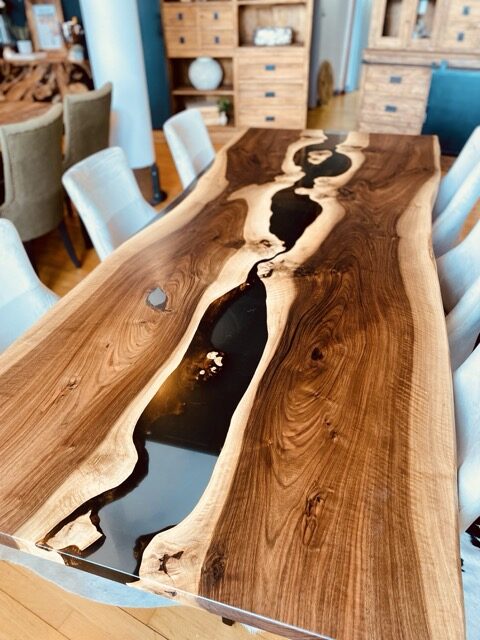
Walnut Epoxy Dining Table
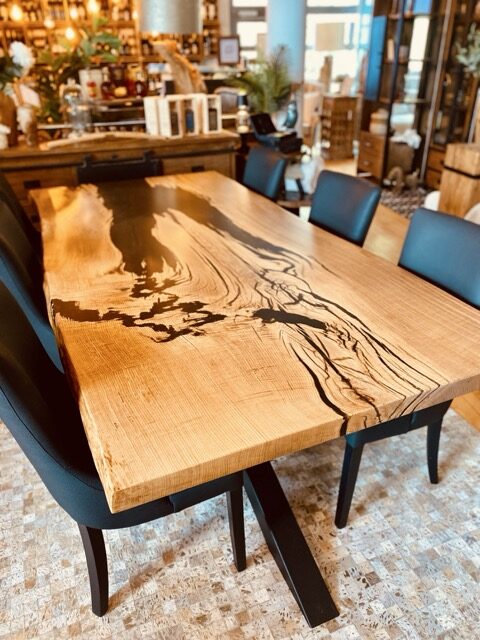
Oak Epoxy Dining Table
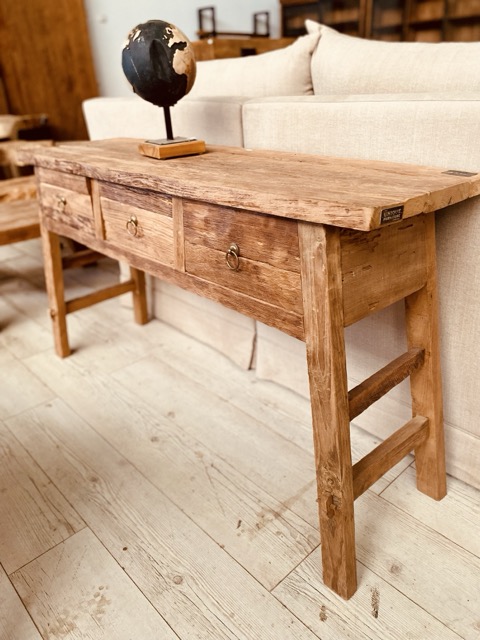
Reclaimed Entry Table
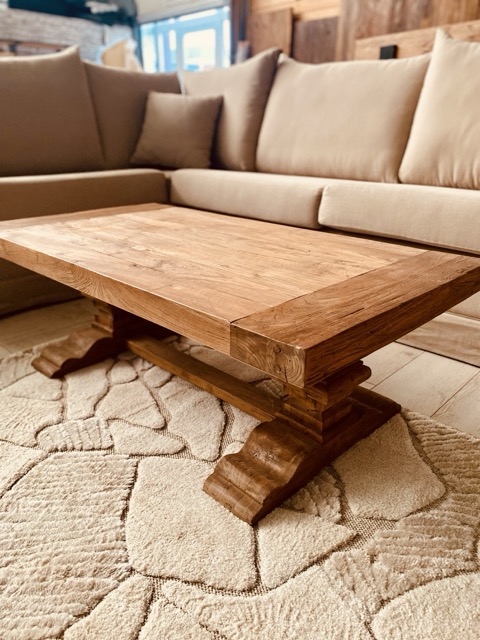
Kloster Sofa Table
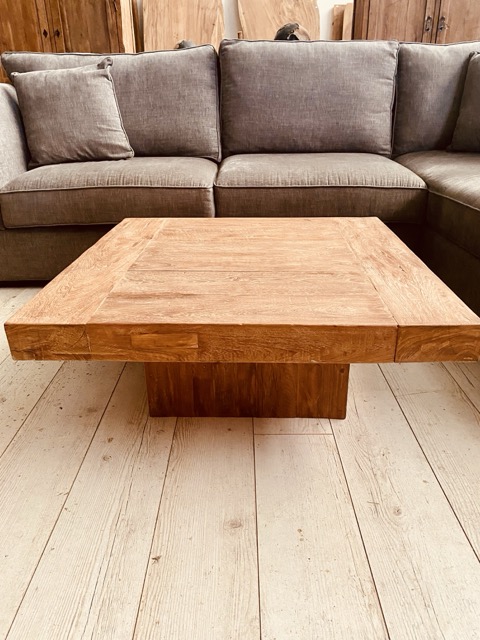
Square Sofa Table
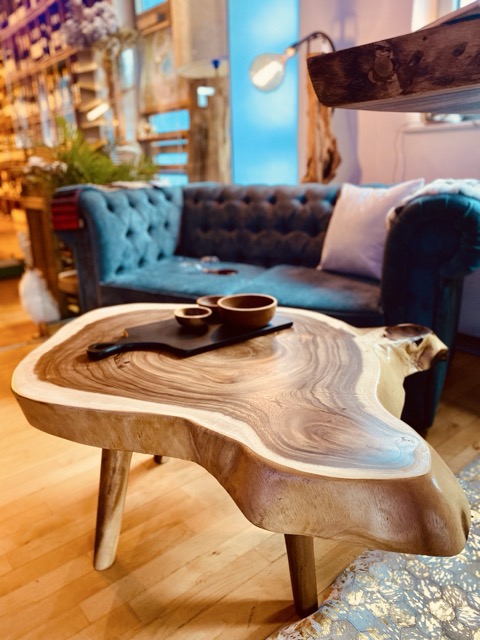
Suar Coffee Table
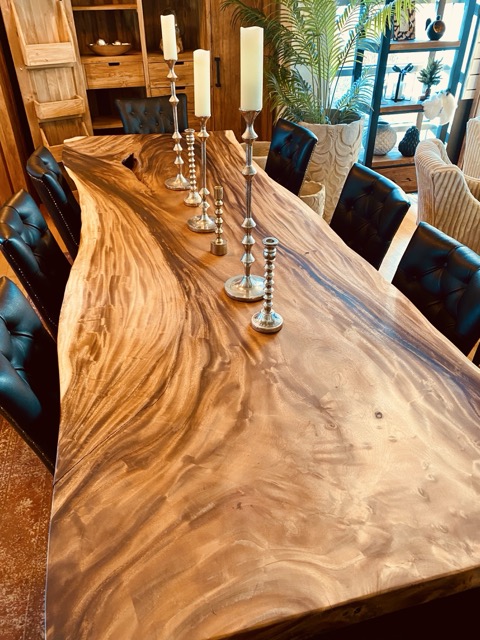
Suar Dining Table 300cm
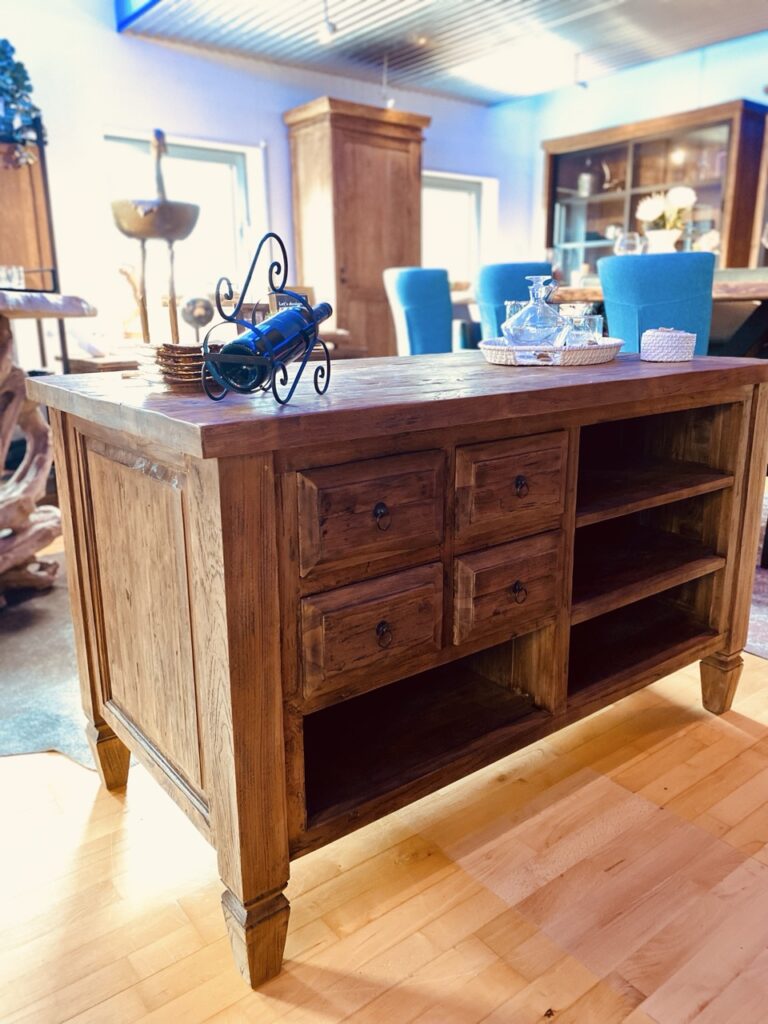
Kitchen Island
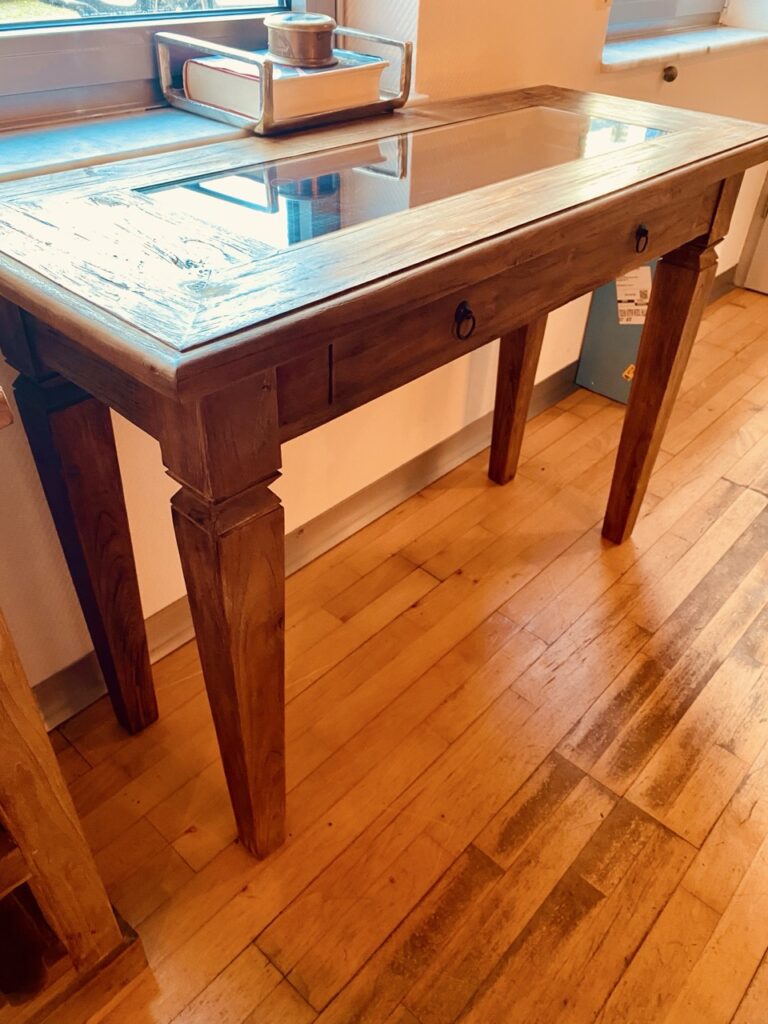
Display Console Table
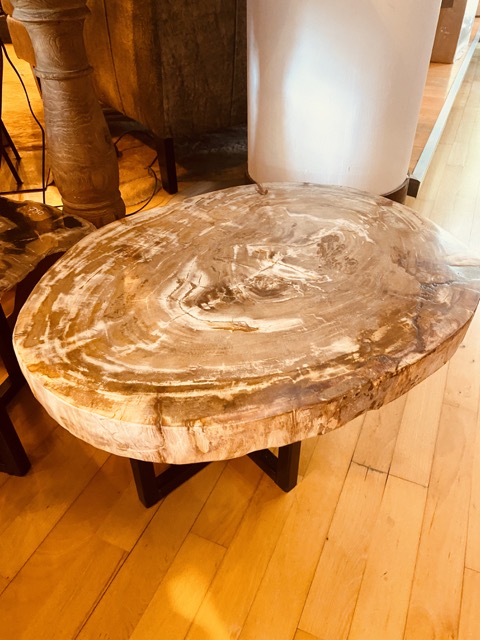
Petrified Wood Small Table
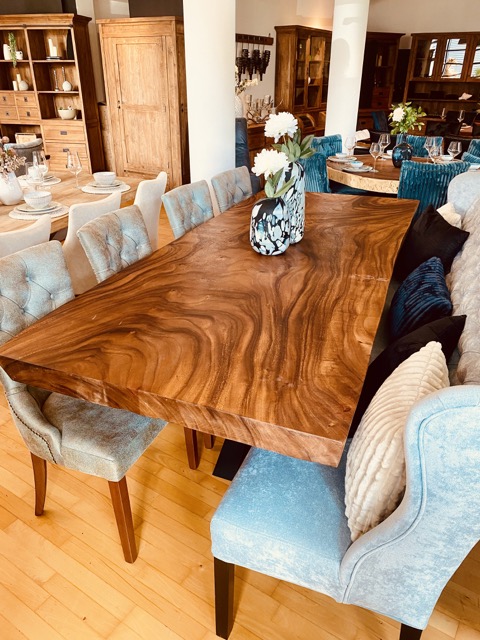
Medium Brown Stained Suar Dining Table
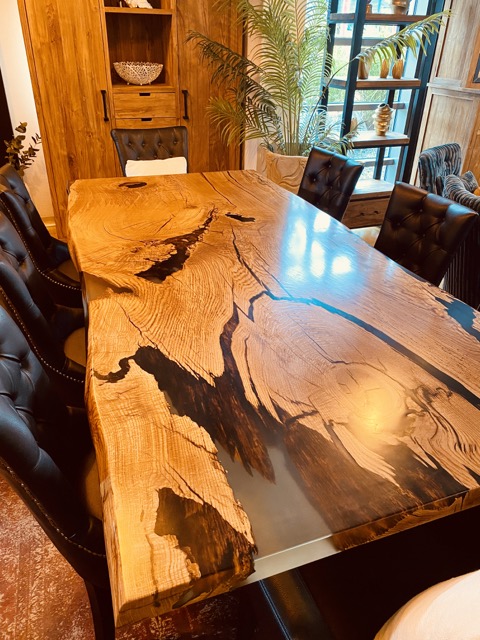
Oak Dining Table with Epoxy
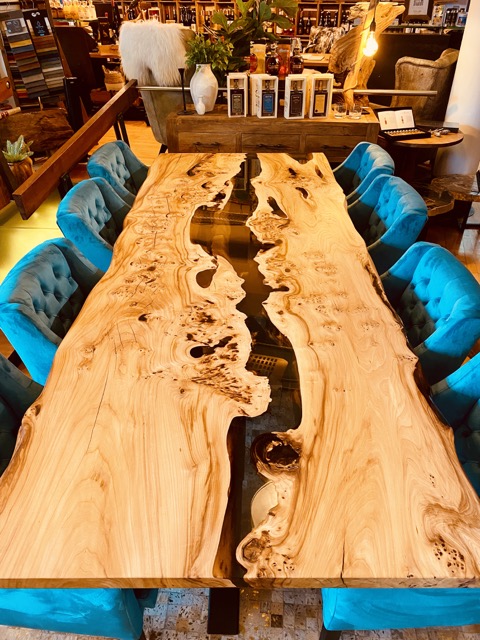
Elm Wood River Dining Table
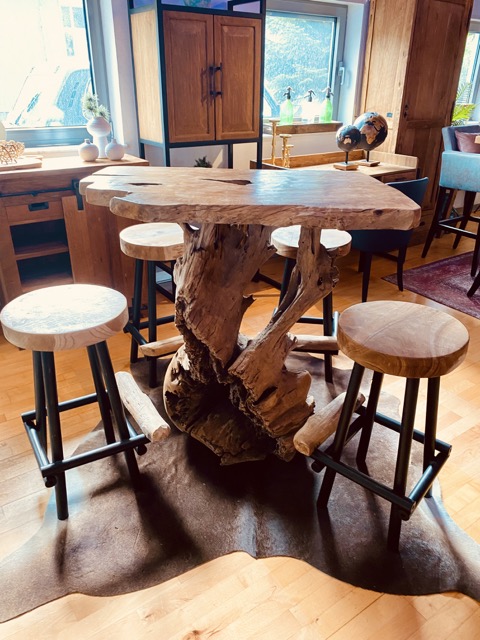
One of a Kind Tree Table
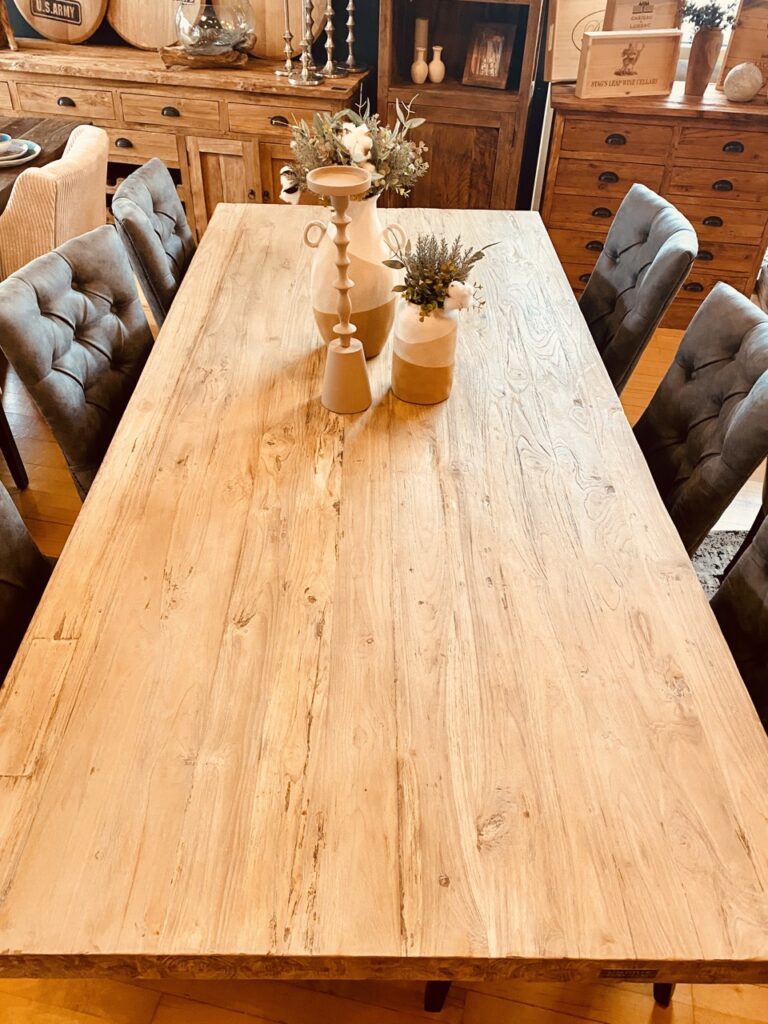
Solid Light Wood Dining Table
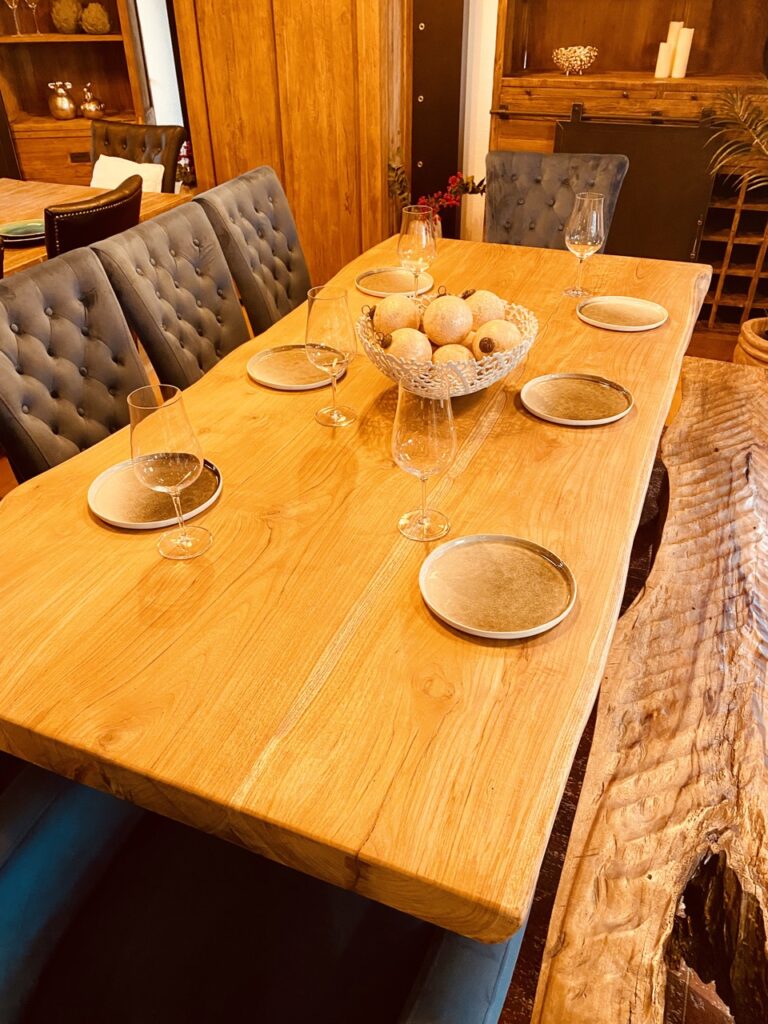
Live Edge Dining Table
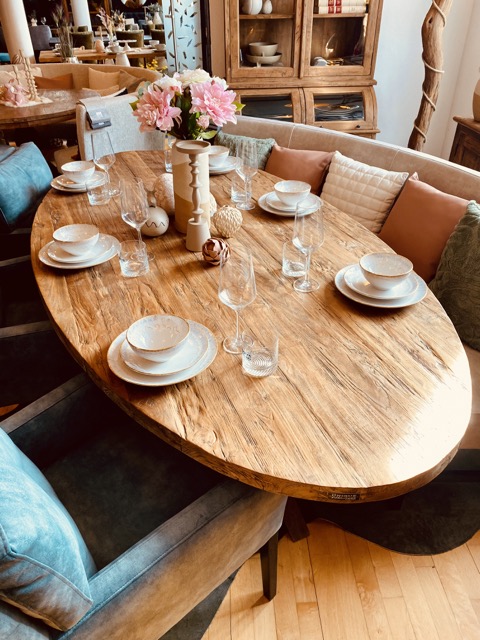
Oval Solid Wood Dining Table
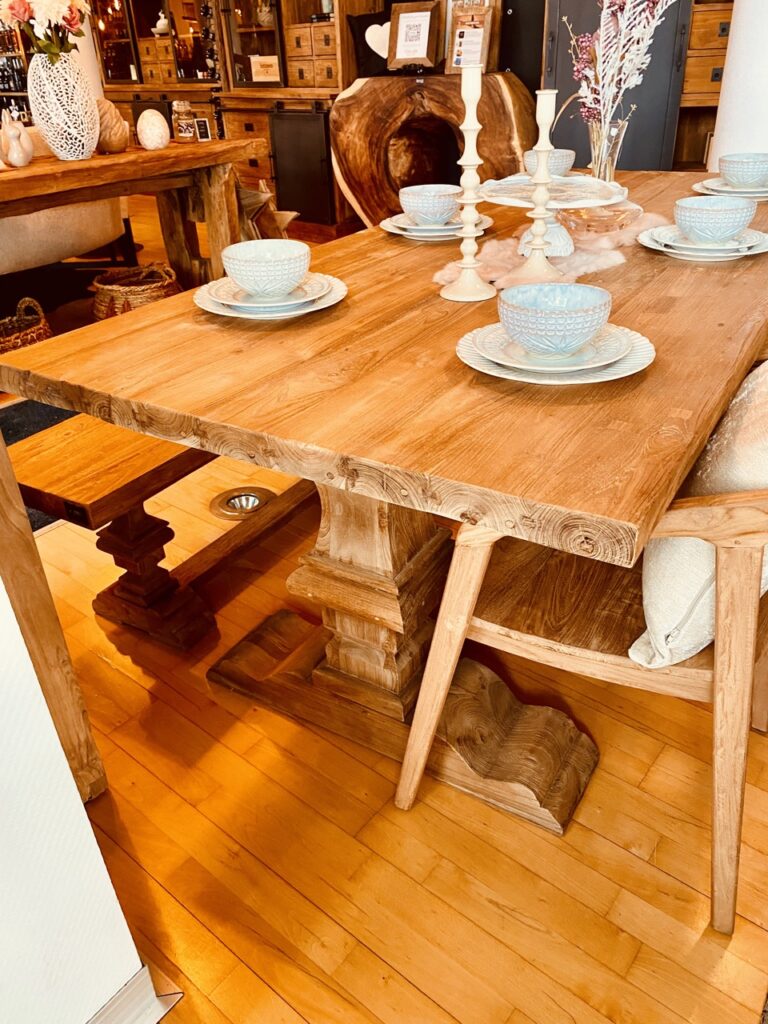
Light Wood Kloster Table
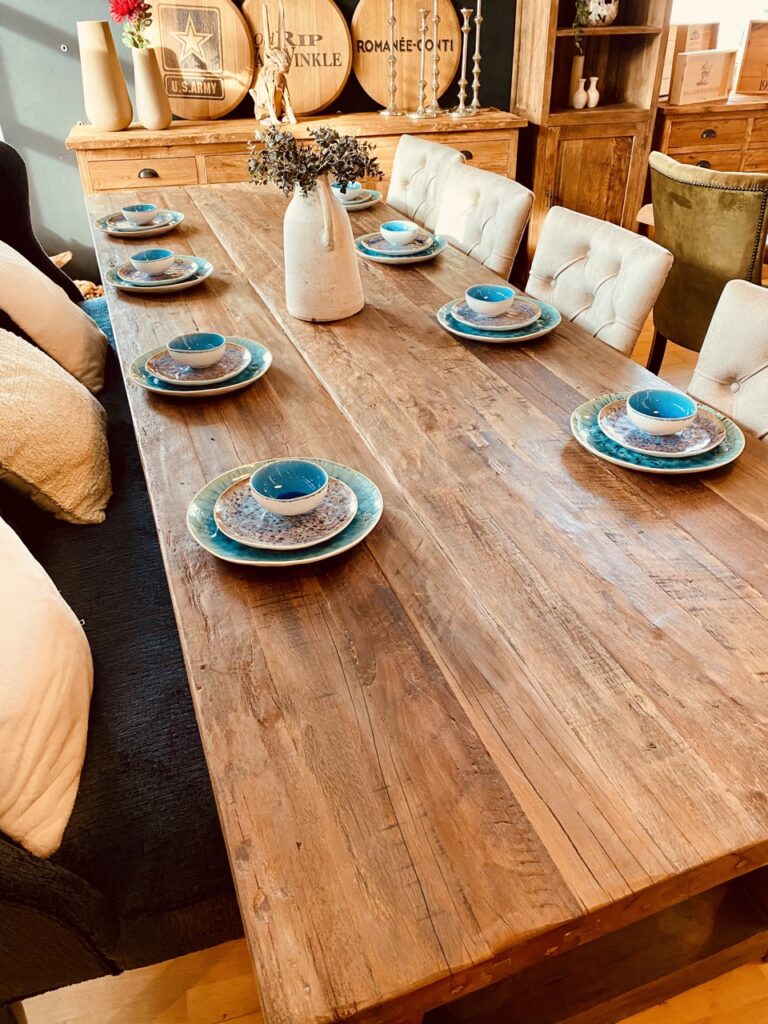
Solid Wood Farmhouse Table
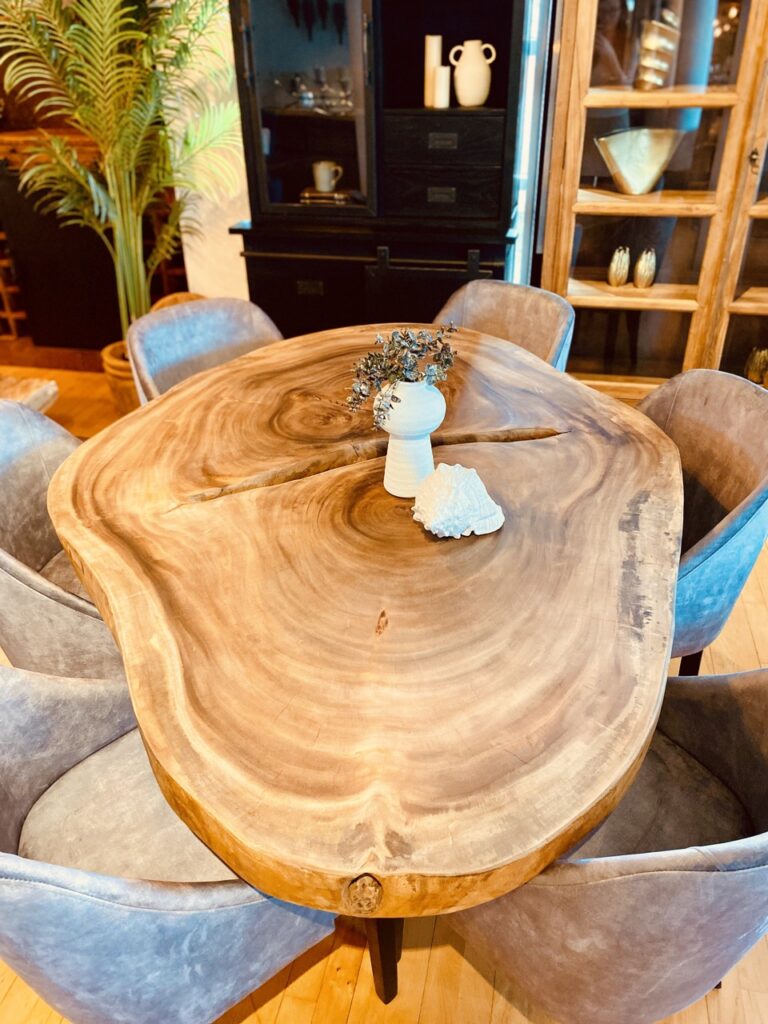
Suar Rounded Table
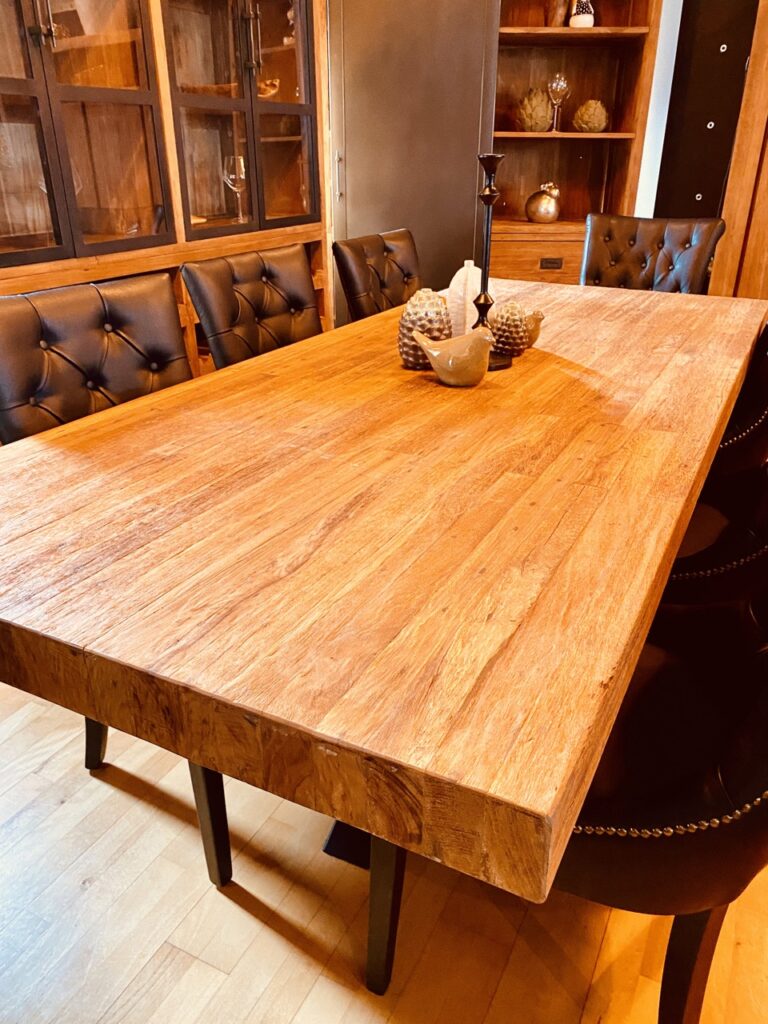
Extra Thick Solid Wood Dining Table
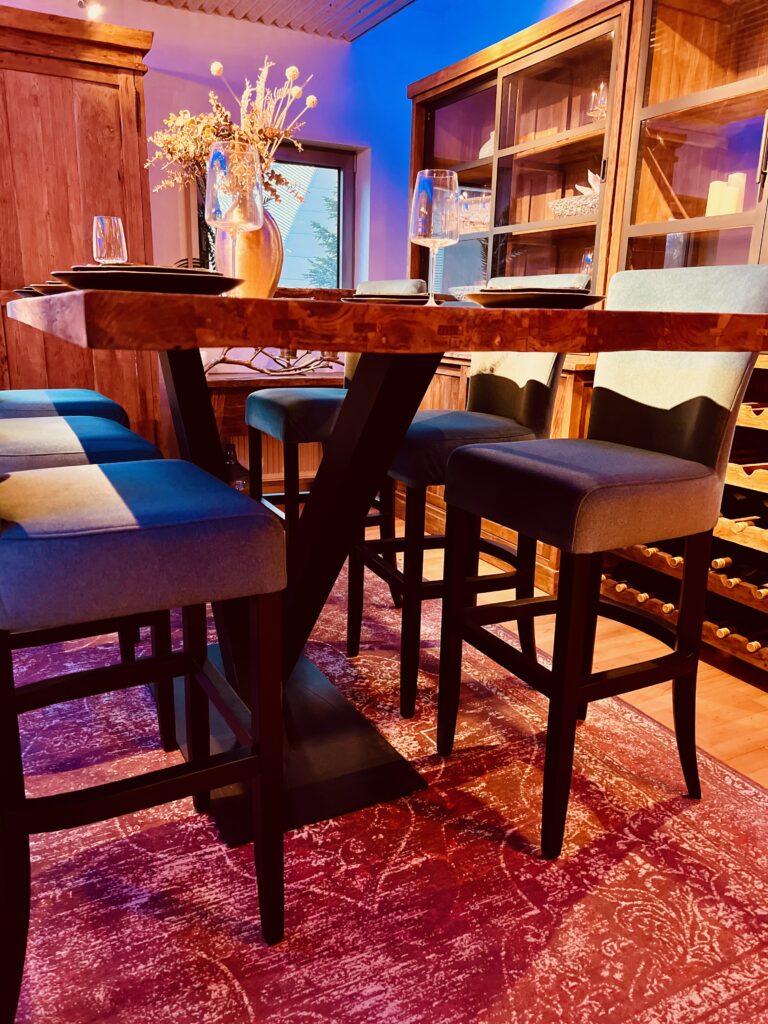
Teakwood High Top Table
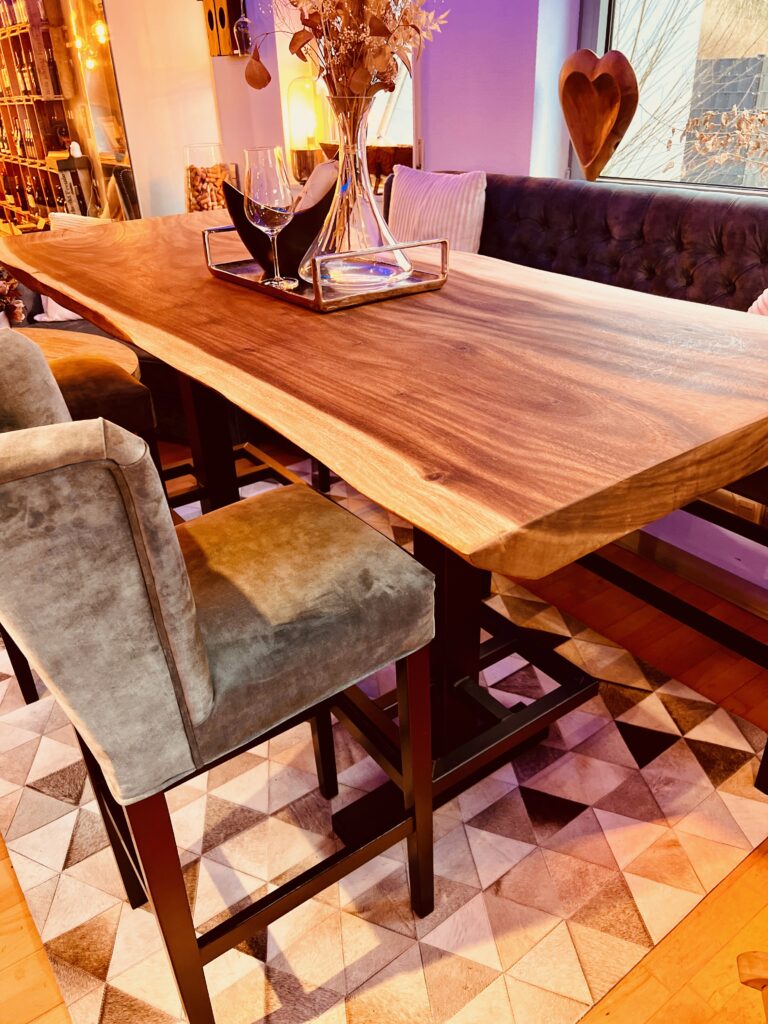
Suar High Top Table
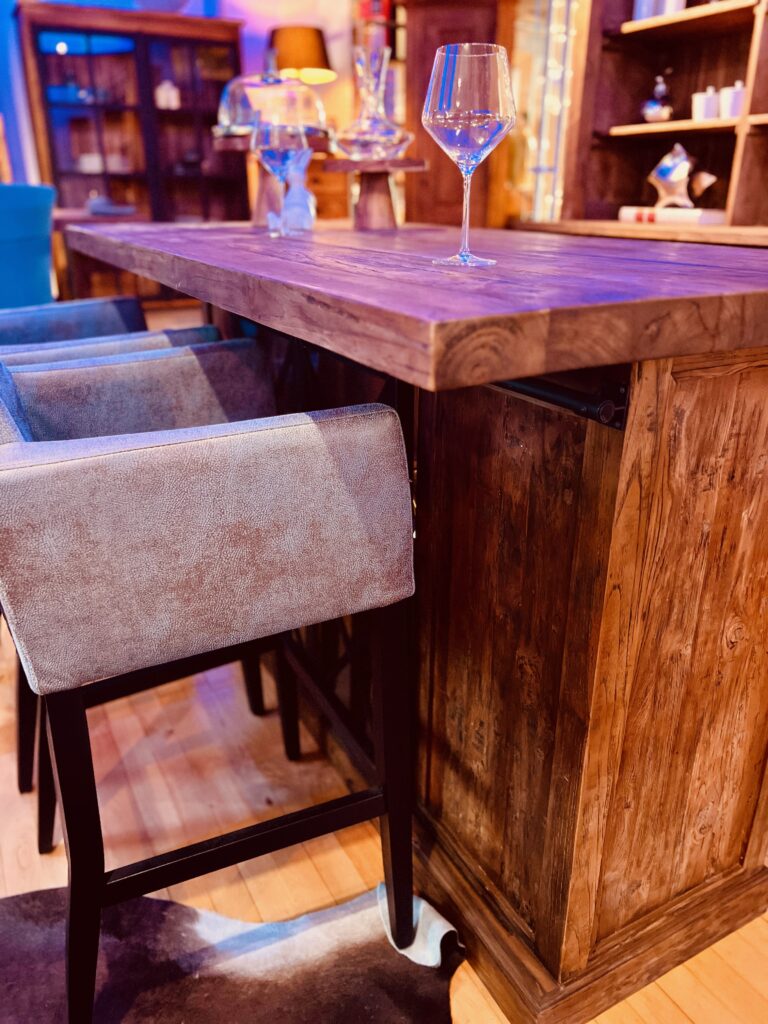
Barisland
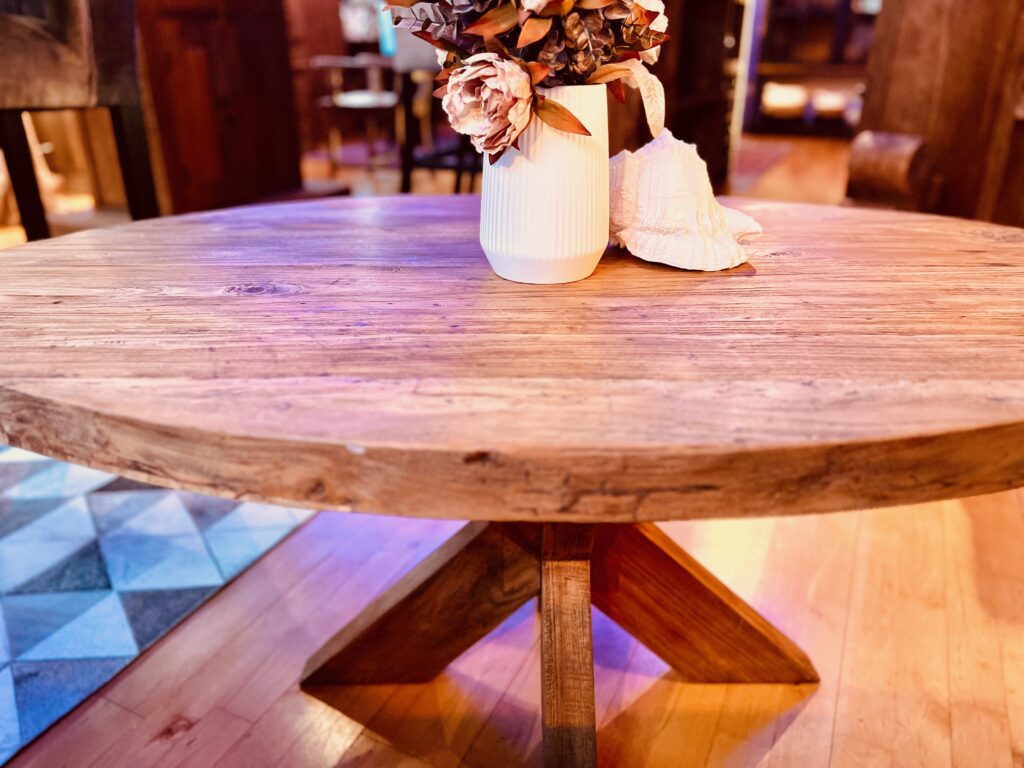
Teakwood Oval Coffee Table
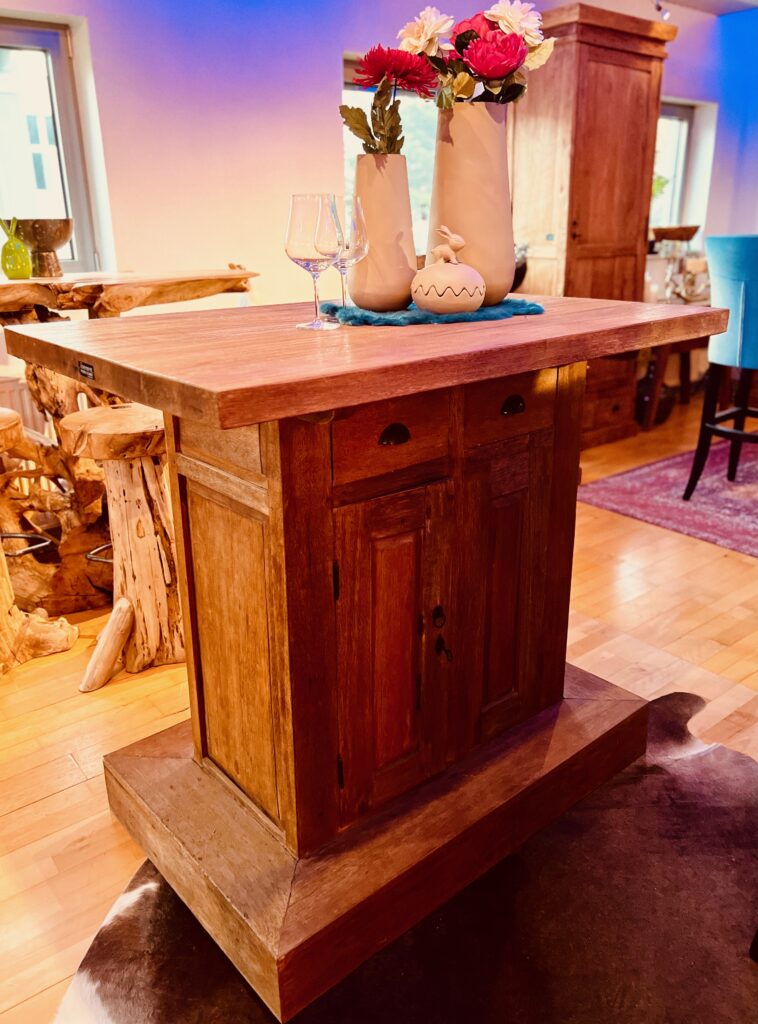
Kitchen Island
How to protect solid wood tables – to keep them for a lifetime.
1. Avoid Direct Sunlight
If possible, do not place the solid wood table in a place where it is exposed to direct sunlight for a long time, as this can lead to discoloration and cracks in the wood.
2. Clean Regularly
Wipe the table regularly with a damp cloth to remove dust and dirt. Do not use aggressive cleaning agents, only mild soap or special wood cleaners.
3. Protect the Surface
Use coasters or placemats to avoid scratches and stains on the surface of the table. Also make sure not to place hot objects, such as pots or pans, directly on the table.
4. Ensure Good Temperature and Humidity
The ideal temperature and humidity for a solid wood is between 18-24 degrees Celsius and a humidity of 40-60%. These conditions help to keep the wood stable and prevent warping or cracking.
Too high humidity can cause the wood to swell and warp, while too low humidity can cause the wood to dry out and crack. It is therefore important to ventilate the room well in which the table is placed and, if necessary, to use a humidifier or dehumidifier to keep the humidity at an optimum level.
It is also advisable not to place the furniture near radiators or air conditioning units, as extreme temperature fluctuations can also affect the wood.
5. Treat the Wood Regularly
Depending on requirements, the wood can be treated with special care products such as wood oil or hard wax oil to protect it from moisture and wear. We will be happy to advise you on the perfect care product for your individual wooden product, as different types of wood require different care.
On living with Solid Wood Tables
Solid wood is a natural product that is obtained from the trunk of a tree and can therefore exhibit natural characteristics such as changes and cracks. These characteristics are normal and contribute to the characteristic appearance and uniqueness of the wood.
Due to the natural movement of the wood, small cracks or splits may form over time, caused by fluctuations in temperature and humidity. However, these changes are not a sign of inferior quality, but rather a natural process that can occur in solid wood furniture.
It is important to understand that these cracks in the wood have no effect on the structural integrity of the furniture and do not affect its use or functionality. Rather, they add to the rustic charm and beauty of the solid wood.
Therefore, you should not worry if your solid wood furniture shows small changes over time. These are normal characteristics of natural products and only emphasize the unique character and authenticity of the wood.
